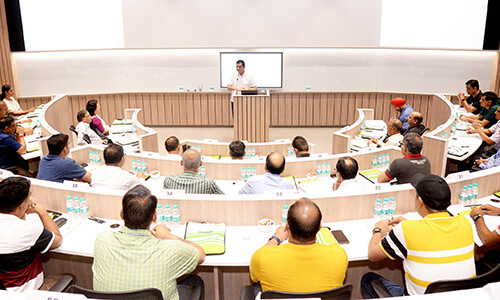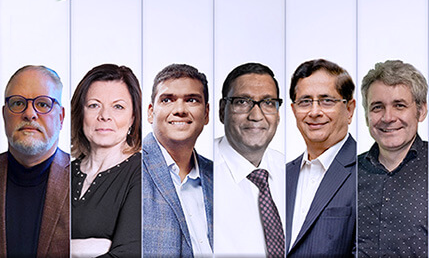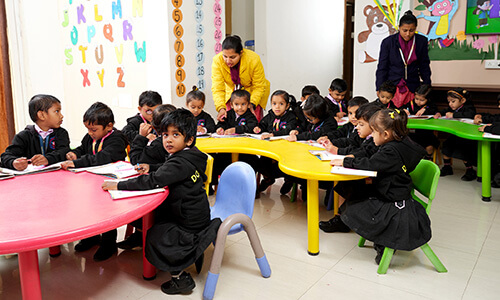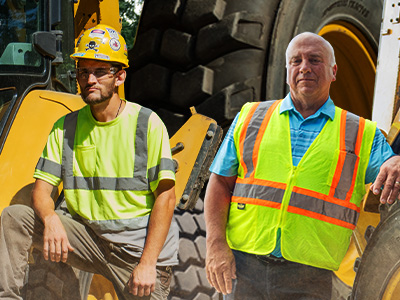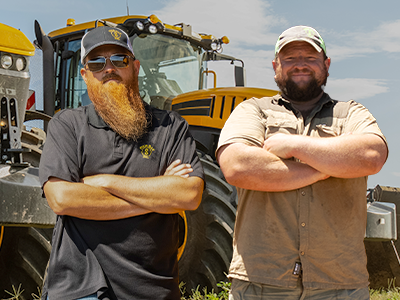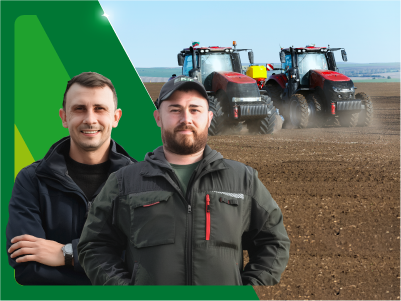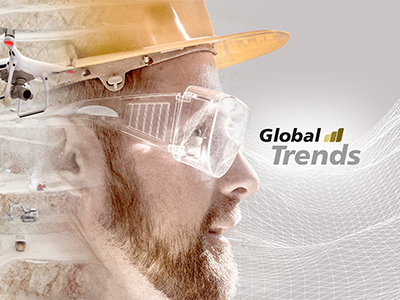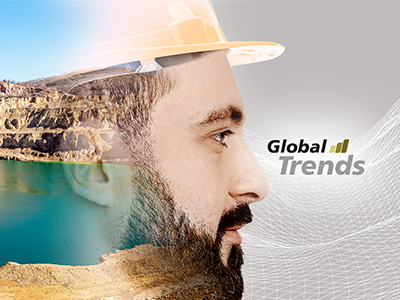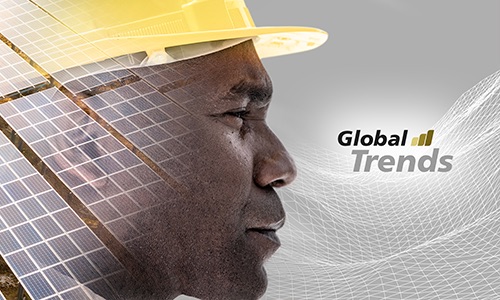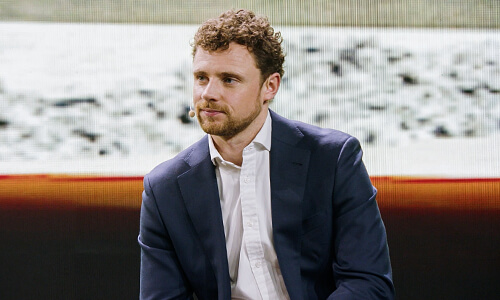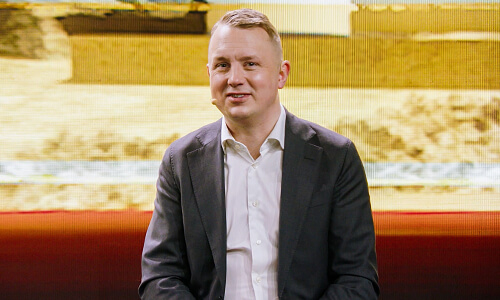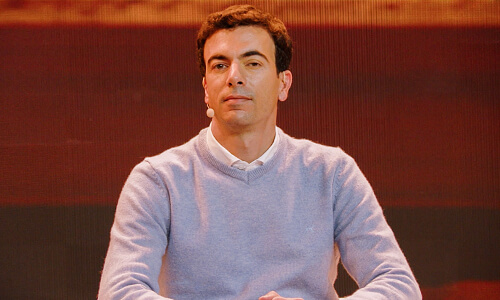Let's take stock of possible ways to achieve net zero in mining; suppliers and distributors initiatives, end users actions, but especially the need for OEMs to take the lead in reducing emissions, and for companies to tap into valuable waste streams and explore new technologies to speed up their net zero transition.
Find out how it’s possible to achieve a goal that is essential to the well-being of the planet even in an industry as complex as mining, thanks to contributions of today’s guests Thomas Koch Blank, Alexander Allen and Bruno Santos.
-
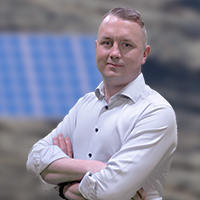 Thomas Koch Blank
Thomas Koch Blank -
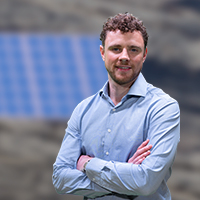 Alexander Allen
Alexander Allen -
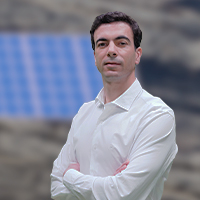 Bruno Rafael Santos
Bruno Rafael Santos
- OEMs can have more impact towards achieving the net zero goal than final users.
- By downsizing the dumpers, we can reduce capacity and battery weights, get a larger fleet and improve overall productivity.
- The first carbon neutral cement plant in Europe – it captures and liquifies the CO2 produced before putting it back into empty oil wells – is expecting to capture around 8 million tons of CO2 in the first 10 years of operation.
In this series

At RMI, Thomas Koch Blank leads initiatives to promote the adoption of green hydrogen in heavy industry. With his experience in the fields of sustainability, energy and resource efficiency, renewable energy and access to energy, mining and minerals, hydrogen, and solar system design, Thomas is a leader of a portfolio of initiatives focused on accelerating clean energy technology and decarbonizing heavy industry.
Prior to his work at RMI, Thomas helped build consultancy McKinsey & Company’s Sustainability and Resource Productivity practice, advising the world’s largest companies on the decarbonization of production and supply chains. He also served as a senior advisor to national governments drafting and implementing sustainability strategies.
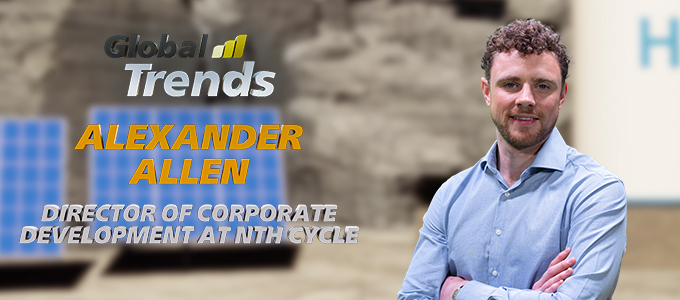
A new technology is being developed to address the increasing problem of extracting metals and minerals for the tech industry without causing significant environmental harm and financial burdens. This technology, called "The Oyster," utilises electro-extraction to recover metals in their elemental state, which can lead to decreased energy use and carbon emissions in mining. The process is applicable to raw materials, waste products and post-consumer waste. By eliminating the need for smelting, this technology can reduce greenhouse gas emissions by up to 92% compared to traditional mining. Watch the interview with Alexander Allen, Director of Business Development and Head of Mining at Nth Cycle, to find out more details!
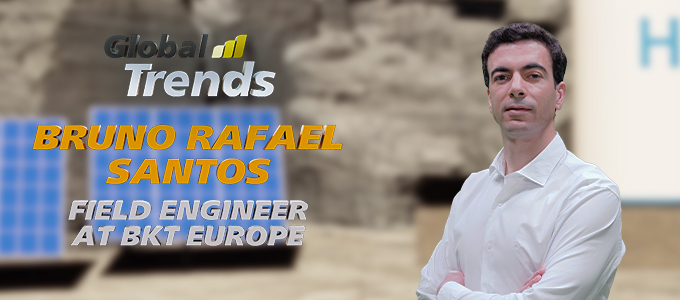
Bruno Santos is a tire field test engineer with over 10 years of experience validating new technologies, products, and services. He has extensive knowledge of the tire industry, and his technical expertise and ability to work collaboratively with cross-functional teams has been instrumental in the successful development of new products and services. Bruno is passionate about finding innovative solutions to improve tire performance and safety. His commitment to continuous improvement makes him a highly valuable professional in the tire industry.
